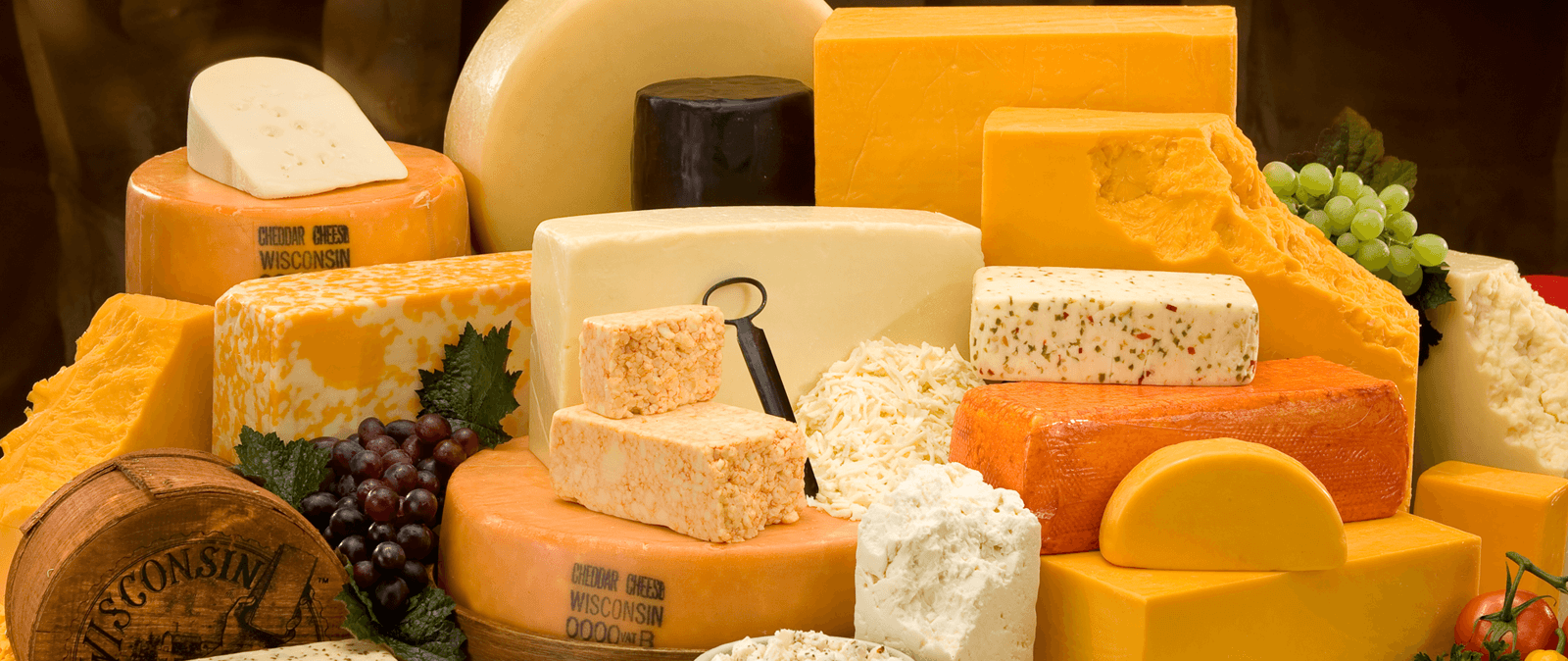Blog
Common Questions About Cheese
As cheese lovers, it’s easy to know all about the different cheeses available however, there are some simple wonders and questions we are left with regarding things like presentation and storage so here are some quick answers to help all your cheese queries.







